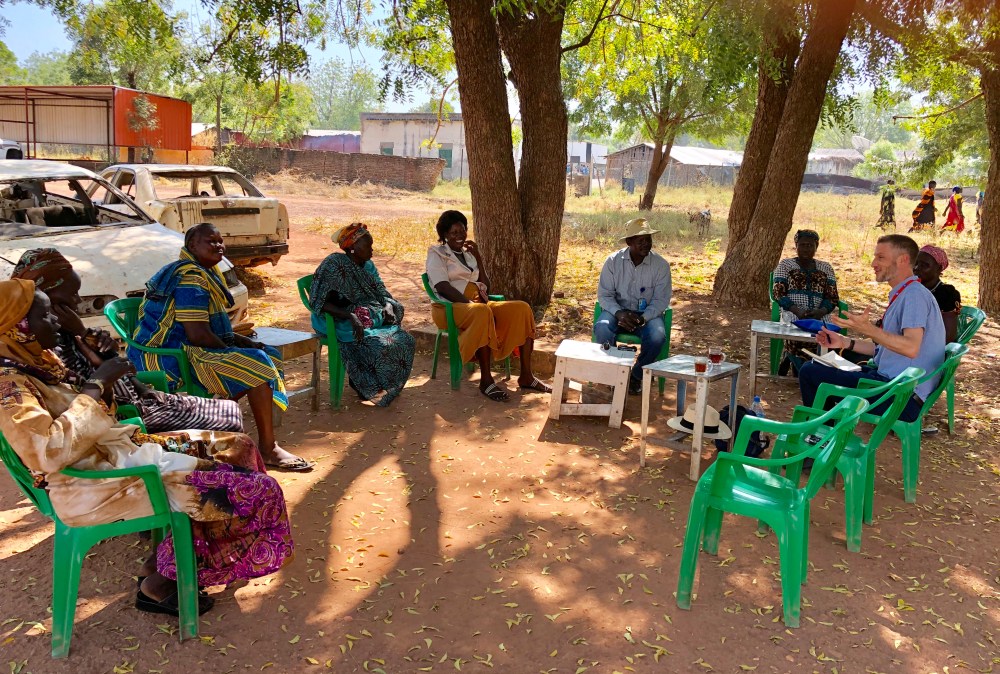This research focus relates to issues of monitoring and evaluation, impact assessment and organisational learning in conflict management, peacebuilding and development contexts. This research draws on complexity theory and advocates for new epistemological thinking as well as adjustments to practical approaches to assessment in order to enhance the effectiveness of peacebuilding and development.
This work emerges from a multi-year research project funded by the Australian Federal Police developing a framework for assessing the impact of police capacity-development initiatives overseas. Charles has been instrumental in setting up international networks of researchers and practitioners focused on these questions such as The Phoenix Network, and the Effectiveness of Peace Operations Network (EPON) for which he has contributed to designing the shared methodology and co-authored one of the pilot reports:
- Day, A., Hunt, C., Yin, H., & Kumalo, L. (2019) “Assessing the Effectiveness of the UN Mission in South Sudan / UNMISS“, Effectiveness of Peace Operations Network [EPON] Report (Oslo: Norwegian Institute of International Affairs)
On these issues, Dr Hunt is author of numerous books and articles including:
- Charles T. Hunt (2016) “Avoiding Perplexity: Complexity-oriented Monitoring and Evaluation for Peace Operations” in Brusset, E., de Coning, C., Hughes, B. eds. Complexity Thinking for Peacebuilding Practice and Evaluation (London: Palgrave), pp.79-109.
- Charles T. Hunt (2015) UN Peace Operations and International Policing: Navigating Complexity, Assessing Impact and Learning to Learn (Abingdon, Routledge).
- Bryn Hughes, Charles T. Hunt and Jodie Curth-Bibb (2013) Forging New Conventional Wisdom Beyond International Policing: Learning from Complex, Political Realities (Leiden, Martinus Nijhoff).
- Bryn Hughes, Charles T. Hunt & Boris Kondoch eds. (2010) Making Sense of Peace and Capacity-building Operations: Rethinking Policing and Beyond (Boston, Brill)
